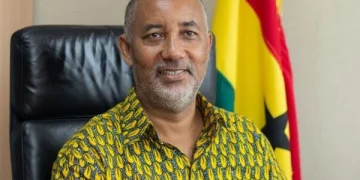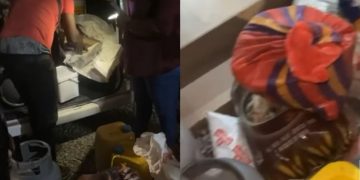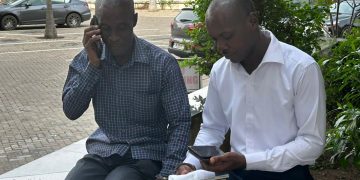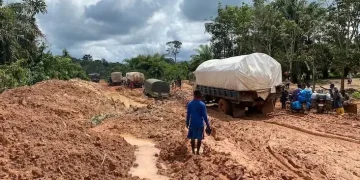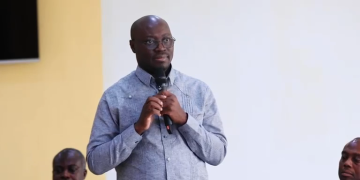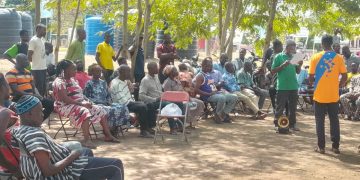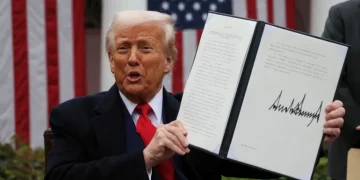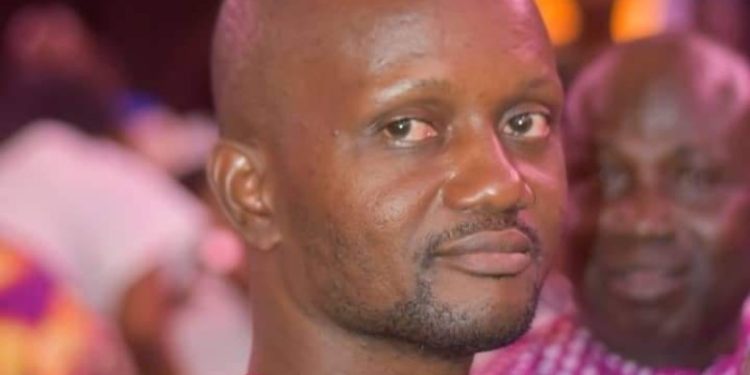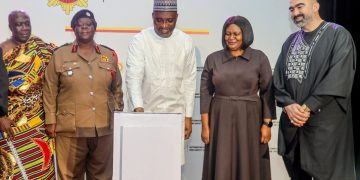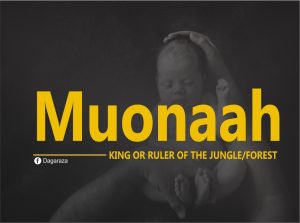 When Kusiele Ziem, Coordinator of the Dagara Culture and Heritage Preservation Project (The Dagara Project), meets Dagara parents introducing their children with foreign names, he does not hear just words. He hears the quiet echo of a fading heritage.
When Kusiele Ziem, Coordinator of the Dagara Culture and Heritage Preservation Project (The Dagara Project), meets Dagara parents introducing their children with foreign names, he does not hear just words. He hears the quiet echo of a fading heritage.
“Names are not labels,” he says firmly. “They are vessels of identity, history, and pride. When you replace your own name with someone else’s, you risk replacing part of your soul.”
Ziem’s message is simple but urgent. If you are Dagara, give your children Dagara names. Not because foreign names are inherently bad, but because they tell someone else’s story and not yours.
The Power in a Name
The Dagara language is rich with names that carry deep meaning and moral lessons.
“Nirbeterfaa” means no human being is worthless.
“Aanusam” means who is better than me.
“Muonaah” means king of the forest or jungle.
“These are not just words. They are philosophies, pride statements, and spiritual anchors,” Ziem explains. “No European, Jewish, or Arab will ever give their child a Dagara name. They protect their heritage fiercely. Shouldn’t we do the same?”
Faith, Colonisation and the Naming Crisis
Ziem points to the subtle ways religion and colonial history have shaped naming practices. In many churches, new converts are encouraged or pressured to adopt Christian names, often of European or Hebrew origin. In some mosques, converts replace their entire ethnic names with Arabic ones.
“This is how we have normalised the idea of Christian names and Muslim names,” Ziem says.
“But there is no such thing. There are only cultural names – Dagara names, Akan names, Ga names, Yoruba names, Chinese names, French names. If your faith calls you to honour God, you can still do that in your own language.”
The Dagara Names Initiative
In the first quarter of 2022, with no funding but abundant passion, Ziem and his team launched “Beautiful Dagara Names and Their Meanings.” The initiative is the first formal activity under the The Dagara Project, divided into three phases.
Phase 1 involved sharing 50 names through social media flyers. Phase 2 added 51 more names. Phase 3 in 2025 will add 66 new names, bringing the total to nearly 170 names.
Each name has been designed into a colourful flyer to inspire Dagara parents at home and in the diaspora.
The Beautiful Dagara Names and Their Meanings activity has three main objectives. The first is to create awareness about the importance of choosing Dagara names over foreign ones. The second is to develop a database of Dagara names that parents can easily access when naming their children. The third is to showcase to other cultures the richness of Dagara traditions, encouraging understanding and appreciation.
The team’s goal is to publish these names in a beautifully designed digital booklet and to print free copies for public libraries in Lawra, Nandom, Jirapa, Daffiama, and Nadowli.
“This is more than nostalgia,” Ziem insists. “It is cultural self-defence. If we do not name our children in our own language, we will speak our language only at funerals and even that will fade.”
A Call to the Dagara and Africans
The Dagara Project is not just for Dagara people. It is part of a larger African awakening and a reminder that cultural pride begins at home, often with the very first word you give your child, their name.
“Speak your language. Bear your name. Wear your cloth,” Ziem says. “If we value our culture as much as others value theirs, no one can erase us.”
He expressed gratitude to individuals who have contributed financially towards the initiative since its inception, and appealed for more support to print copies of the booklet for distribution.
If you are Dagara, African or simply believe in the power of cultural preservation, follow the rollout of the 66 new names starting mid-August on the Dagara Project’s social media channels.
The Dagara Project is being implemented by Rudder Communications, a media and cultural communication organisation based in Tamale. Among other goals, it seeks to inspire all Dagara people in Africa and the Diaspora through continuous education, enabling them to appreciate and preserve their culture and heritage.
www.KumasiMail.Com/JosephZiem



